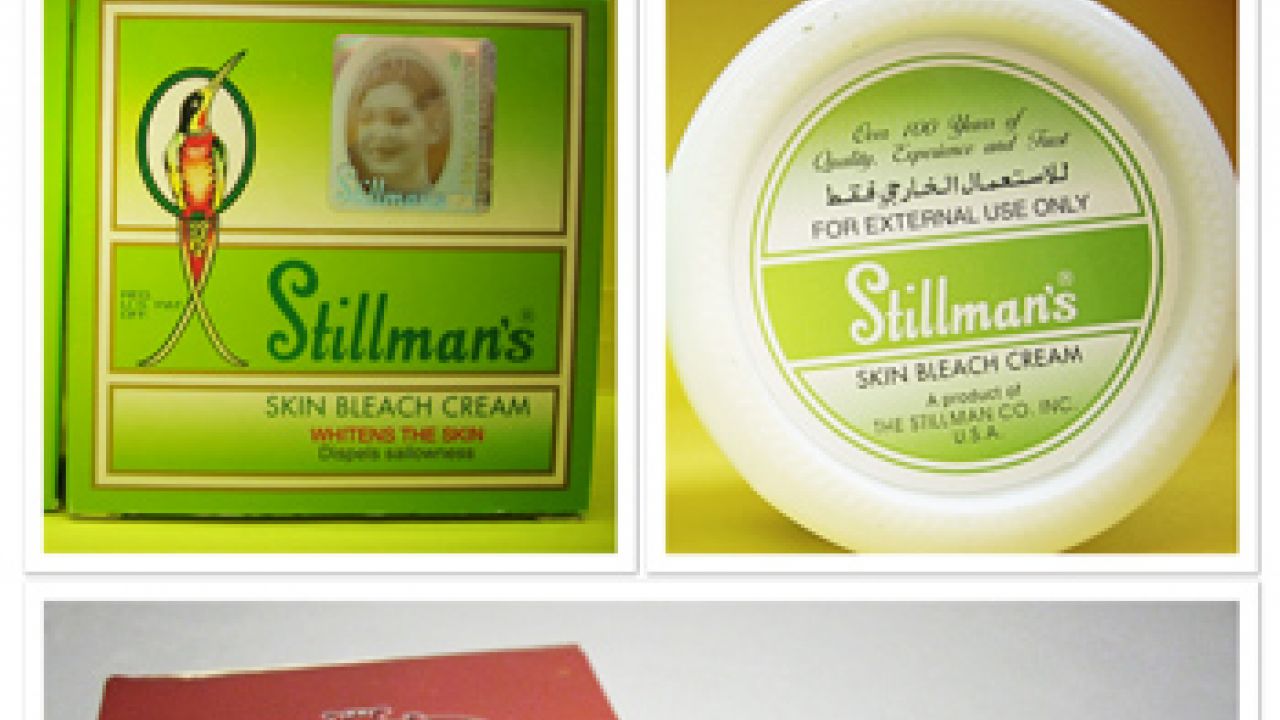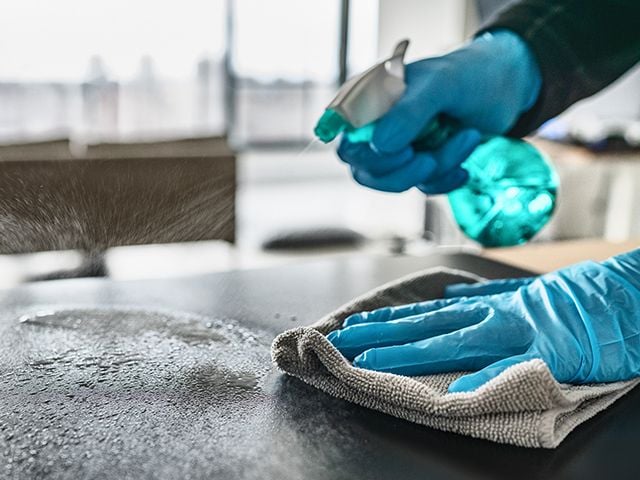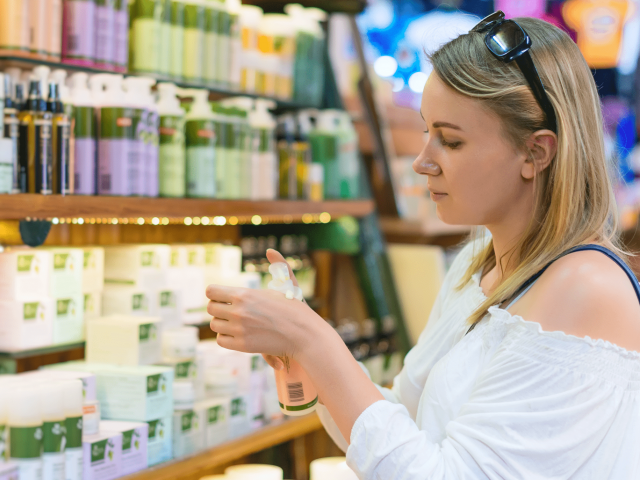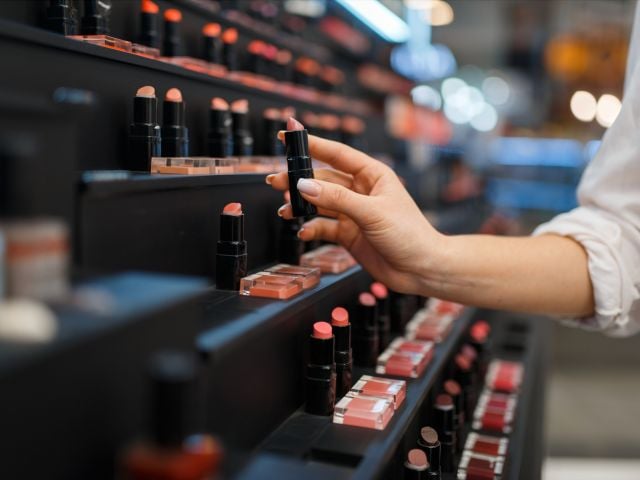
The U.S. Food and Drug Administration warned this week that more than 35 imported skin creams, antiseptic soaps and anti-aging lotions have recently been tied to mercury poisoning that in some instances sent users to the hospital.
The alarm comes nearly four decades after the agency banned mercury in cosmetic products except mascara, where it can be used in tiny amounts as a preservative. The 35 tainted products, found in seven states, were being sold illegally. FDA constantly adds more mercury-laced skin products to its import alerts in hopes of interdicting them before they go on the U.S. market.
One product, a face cream intercepted in Texas, contained 131,000 times the (miniscule) level of mercury legally allowed in cosmetics.
Unscrupulous cosmetics manufacturers add mercury to lotions because the chemical can render the skin paler and make freckles fade. But mercury is toxic to the brain and nervous system and is particularly dangerous for the developing fetus. When applied to the skin, it can seep into the bloodstream and accumulate in the body. Mercury poisoning can damage vision and hearing and cause tremors, numbness and tingling in arms and legs and memory problems, according to the U.S. Department of Health and Human Services.
Although mainstream U.S. cosmetic manufacturers have long abandoned the use of mercury in skin creams, American consumers are not sufficiently protected from potentially hazardous chemicals in cosmetic products. The reason: FDA has very little oversight over the safety of cosmetics, a class of products that includes skin creams, make-up, deodorants, lip balms and shaving creams. Although the agency has the authority to ban highly toxic ingredients like mercury, it permits the use of some potentially hazardous chemicals, like endocrine-disrupting phthalates and the known human carcinogen formaldehyde.
The agency does not have the power to require safety testing or ingredient approval for cosmetics. Product makers need not even register with FDA or notify the agency that its products are on the market.
As a result, FDA, though charged with protecting consumers from unsafe personal care products, does not know how many of them are on the American market, how many ingredients they contain nor how often consumers have adverse reactions to cosmetics. Unlike foods, drugs and even dietary supplements, there are no laws or regulations requiring cosmetic manufacturers to follow good manufacturing practices. Product labels are not even required to carry expiration dates!
Left to regulate itself, the cosmetics industry rarely declares ingredients unsafe. And even in the exceptional cases when its internal panel of scientific advisors concludes that a substance is toxic, manufacturers are under no obligation to go along with that advice. For example, six months ago, this panel deemed formaldehyde, a known human carcinogen, unsafe, but hair straighteners containing large quantities of formaldehyde are being sold to unwary consumers.
Cosmetic safety regulation is weak because Congress never gave FDA the authority to require measures like safety substantiation, product registration, and recalls. Last year, U.S. Reps. Jan Schakowsky (D-Ill.), Ed Markey (D-Mass.) and Tammy Baldwin (D-Wisc.) introduced the Safe Cosmetics Act to do just that. The bill was referred to a House subcommittee last September. No further action has been taken.
In the meantime, the number of high-profile instances of unsafe and tainted cosmetics is rising. Last month, FDA made public tests of lead content in lipstick that found 7 or more parts per million of lead in two L'Oreal company lipsticks. Lead is toxic to many tissues and organs, as well as to the nervous and reproductive systems. Though FDA maintains that the levels of lead in lipstick are not cause for alarm, the agency has neglected to set any restrictions on the amount of lead allowed in cosmetic products.
And in August 2011, after mounting reports of eye irritation, respiratory problems and skin reactions, FDA sent a warning letter to the maker of Brazilian Blowout, a hair straightener that contains more than 10 percent formaldehyde. More recently, the manufacturer has entered into settlement agreements with the State of California and with consumers and salon workers in a class action suit.
Have no doubt that EWG will keep the pressure on FDA to use the full extent of its powers, however limited. We will continue to urge Congress to pass sensible cosmetics legislation that protects consumers.
Photo credit: FDA



